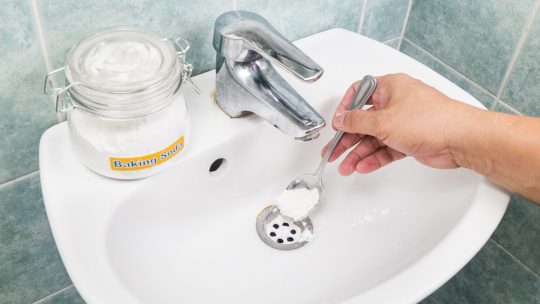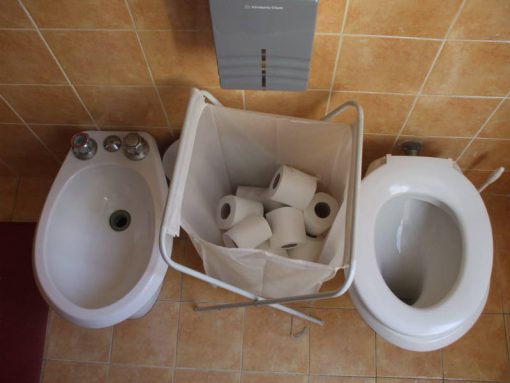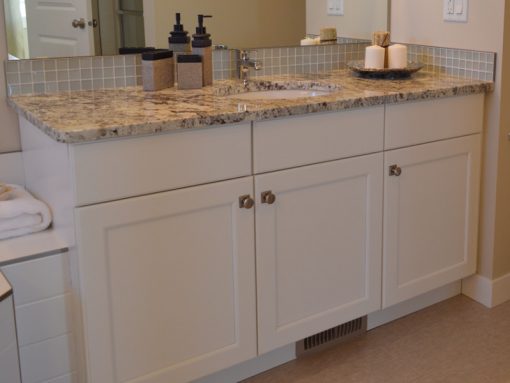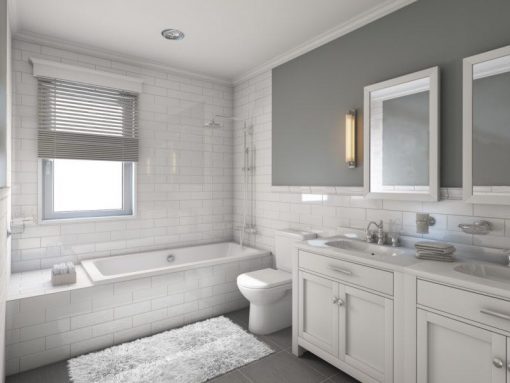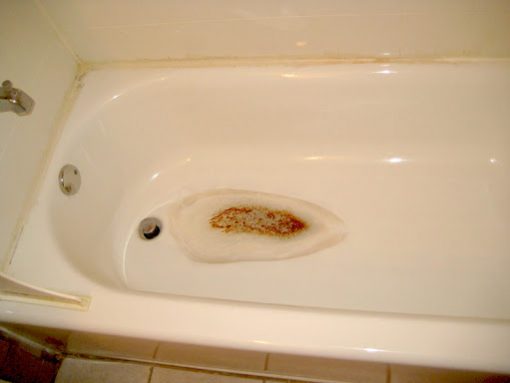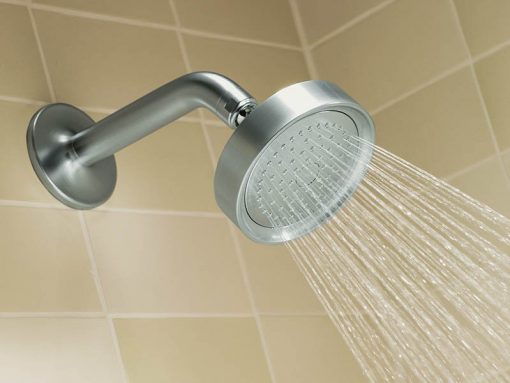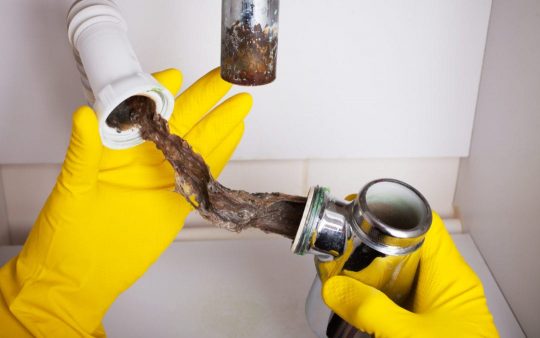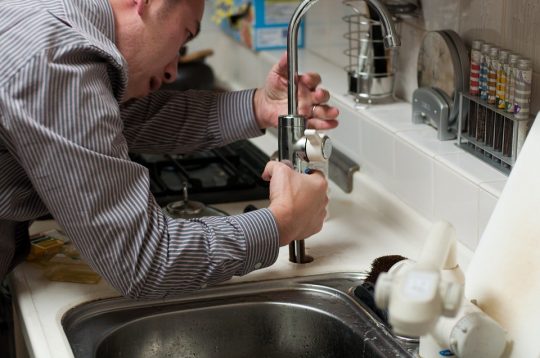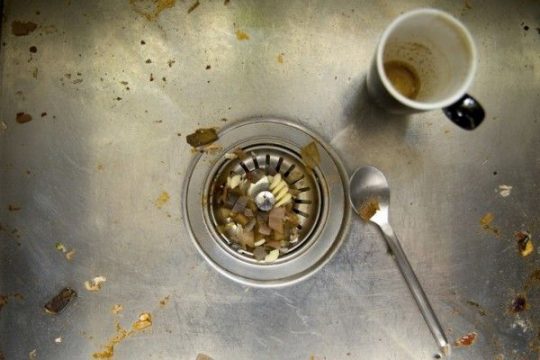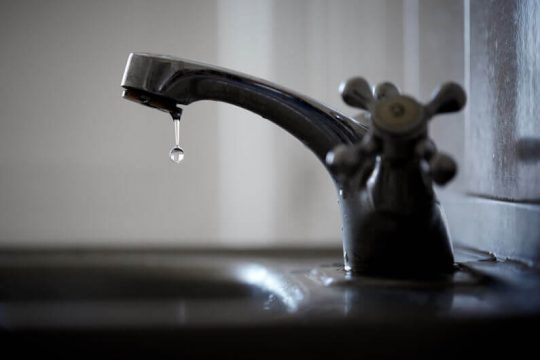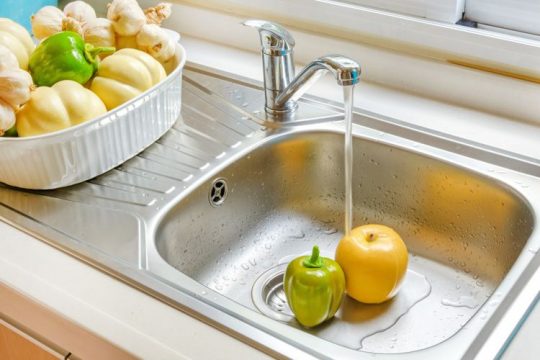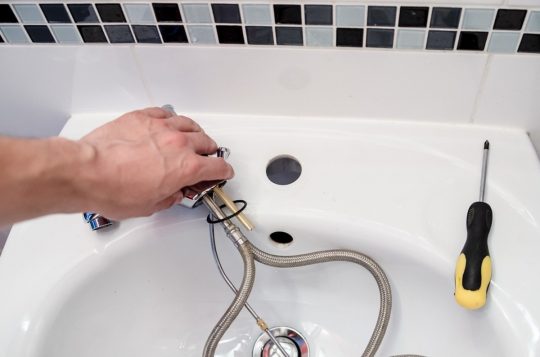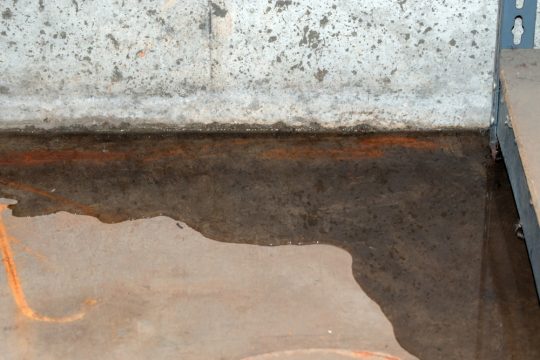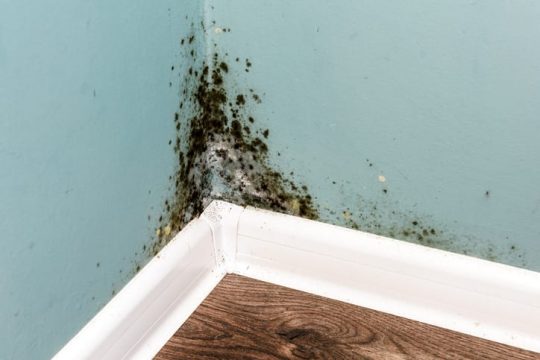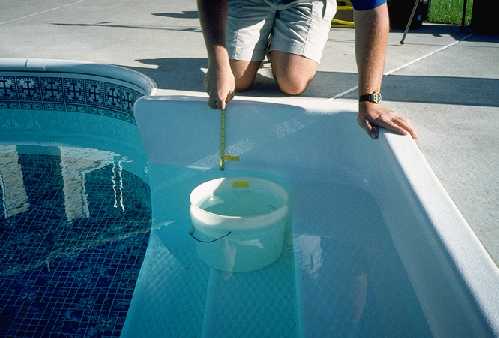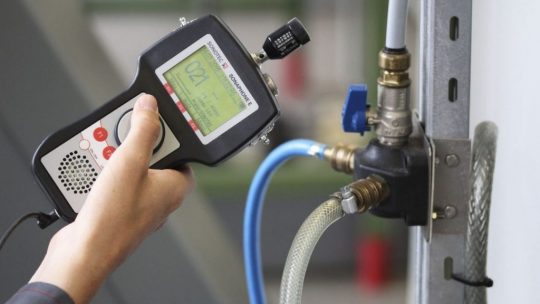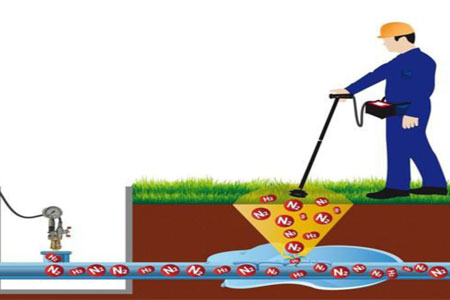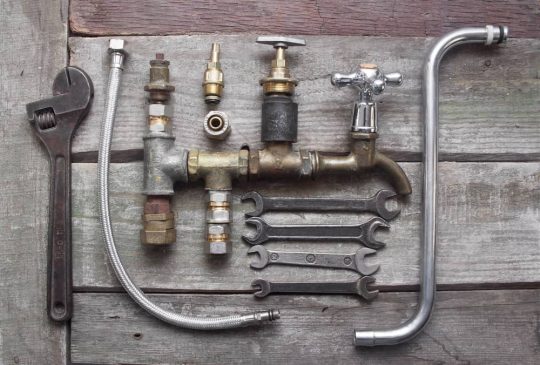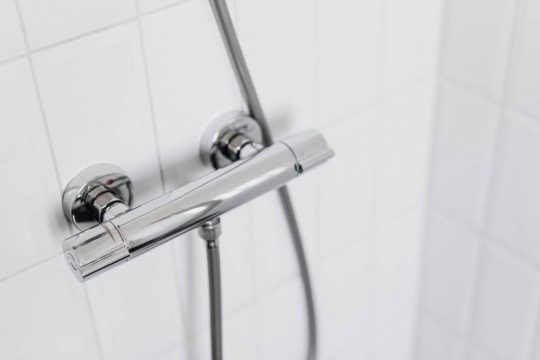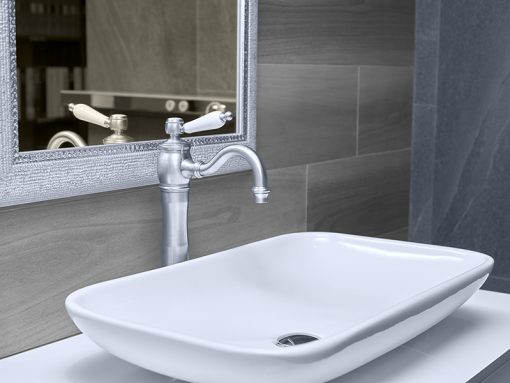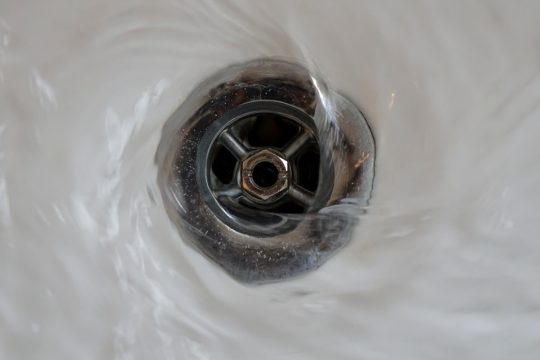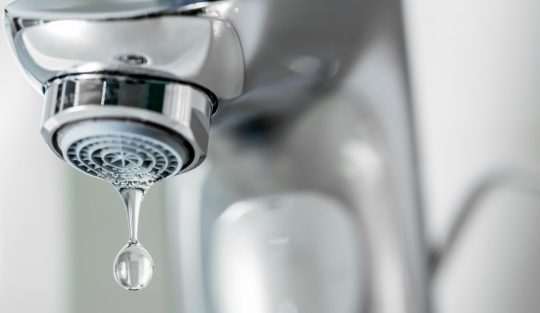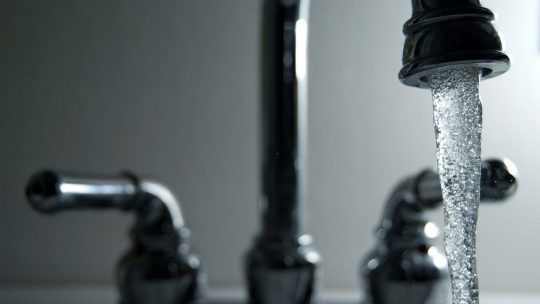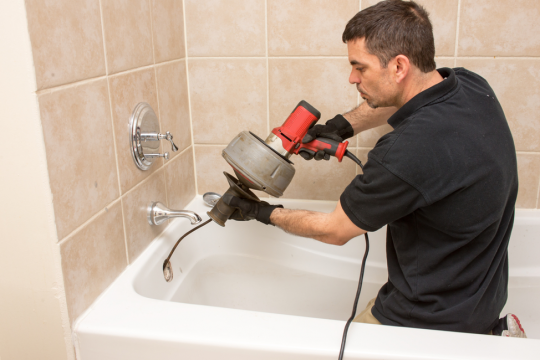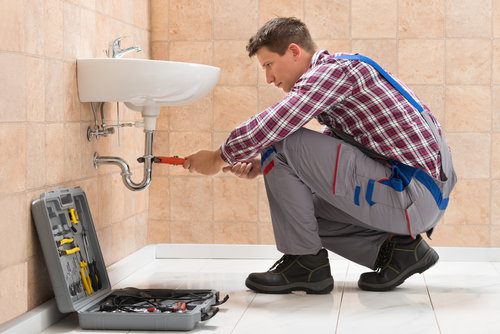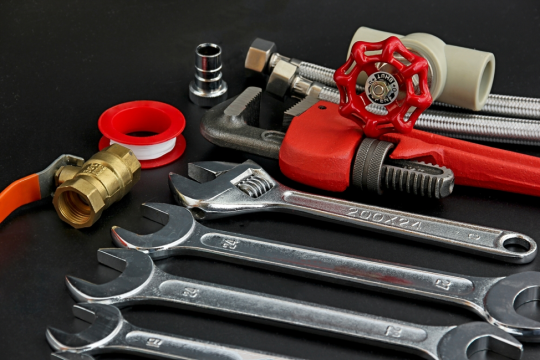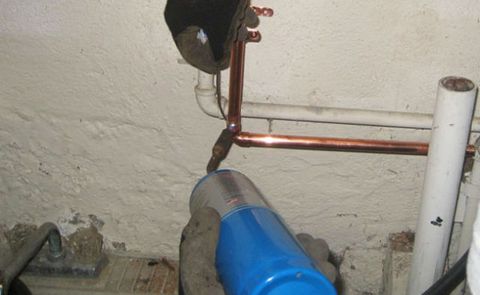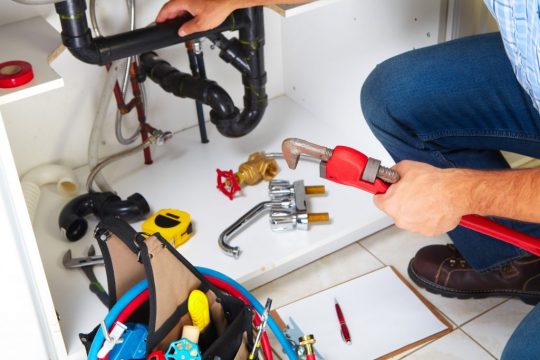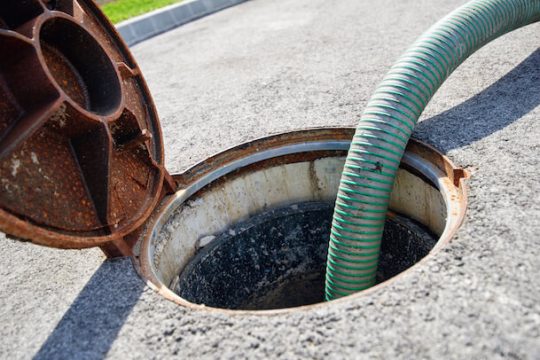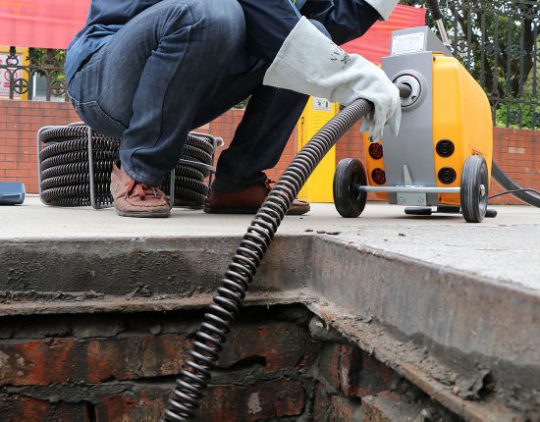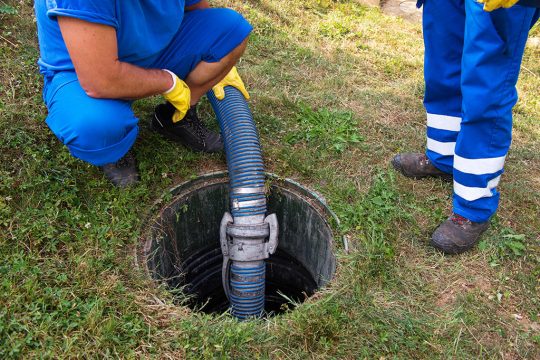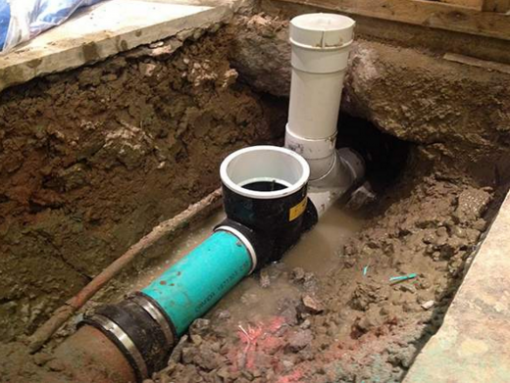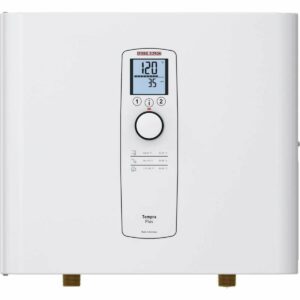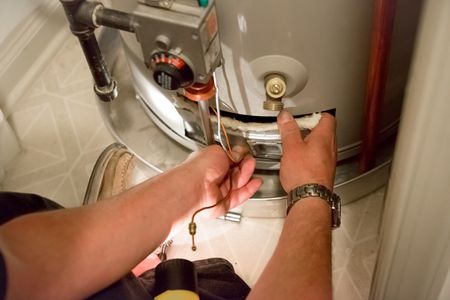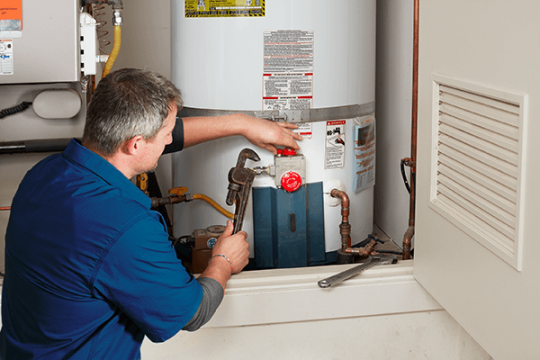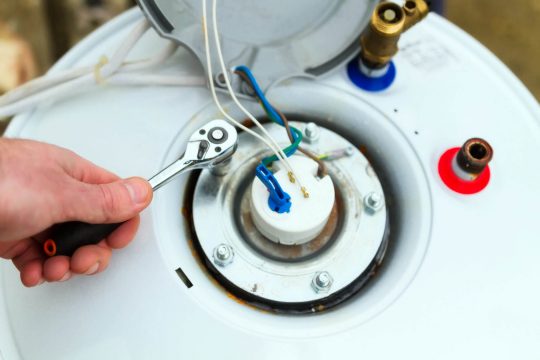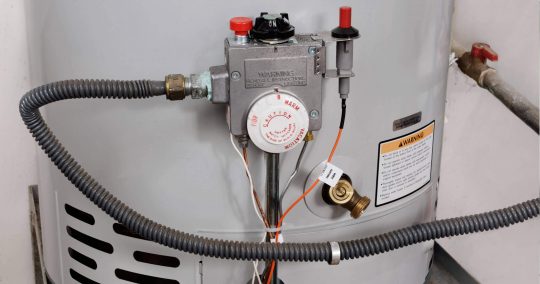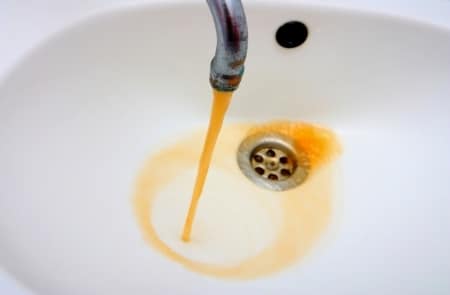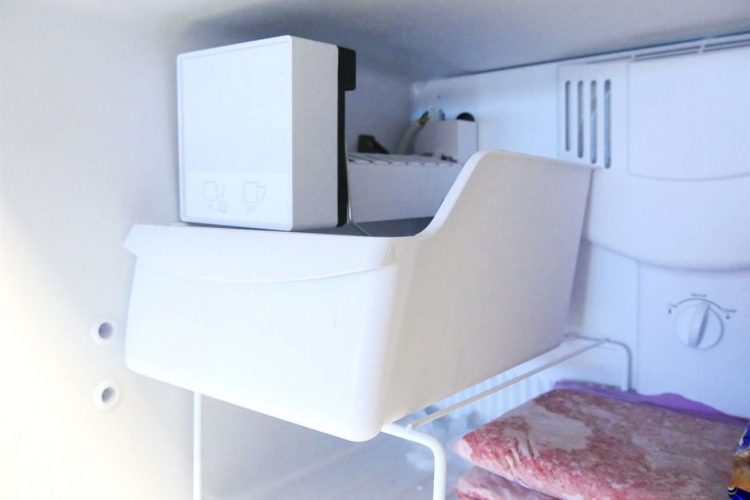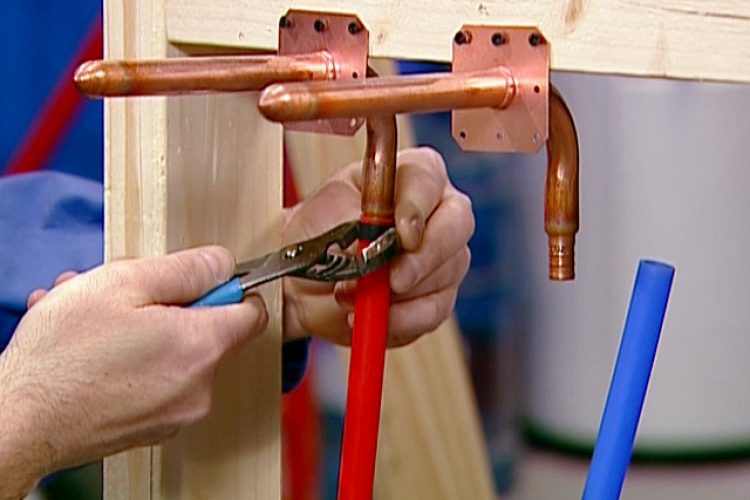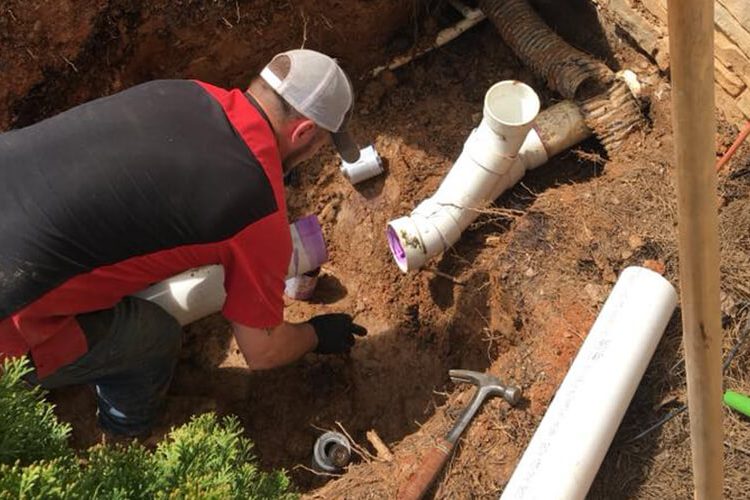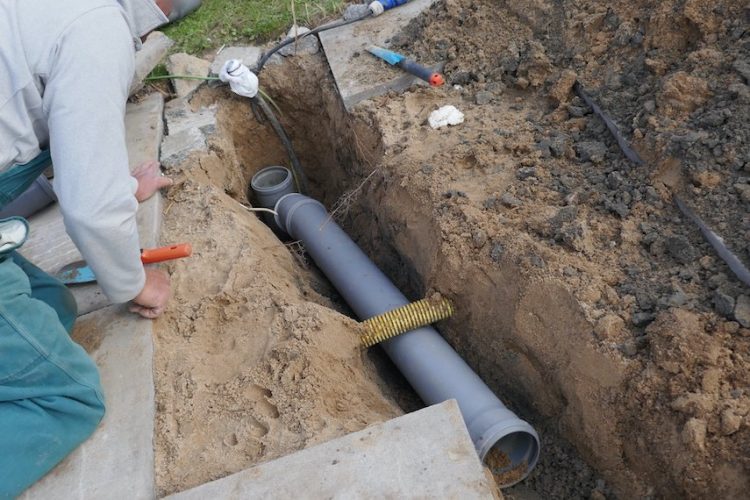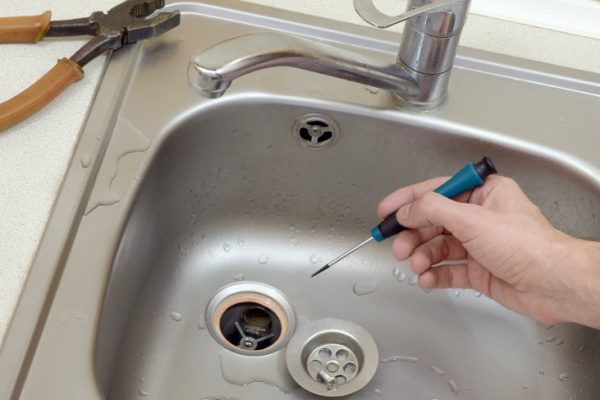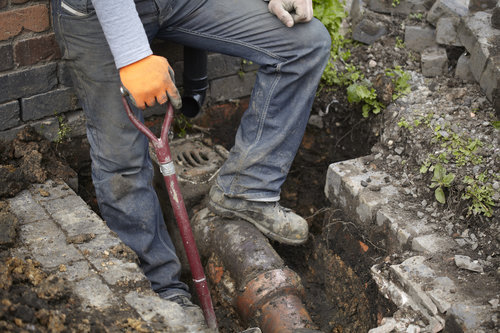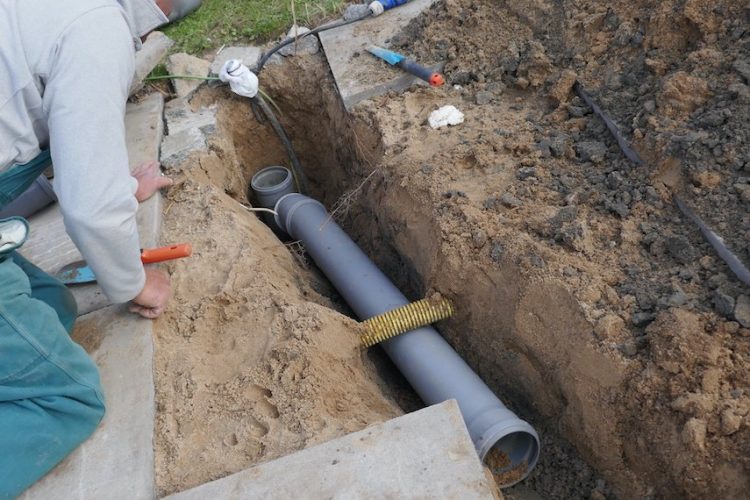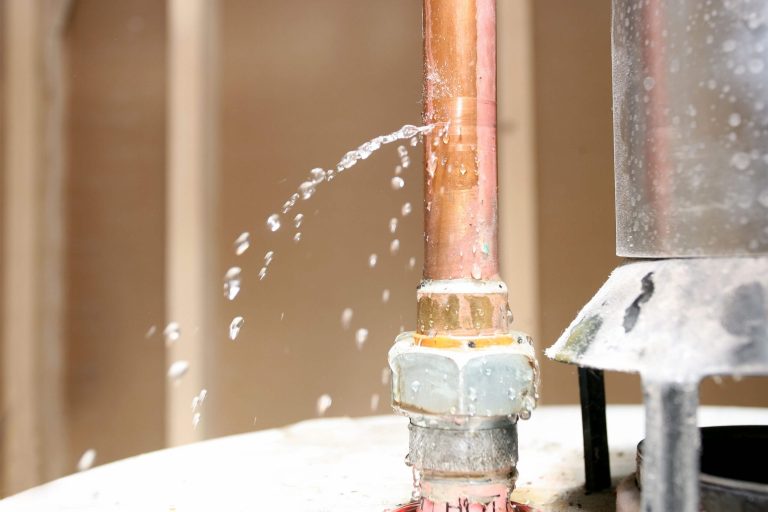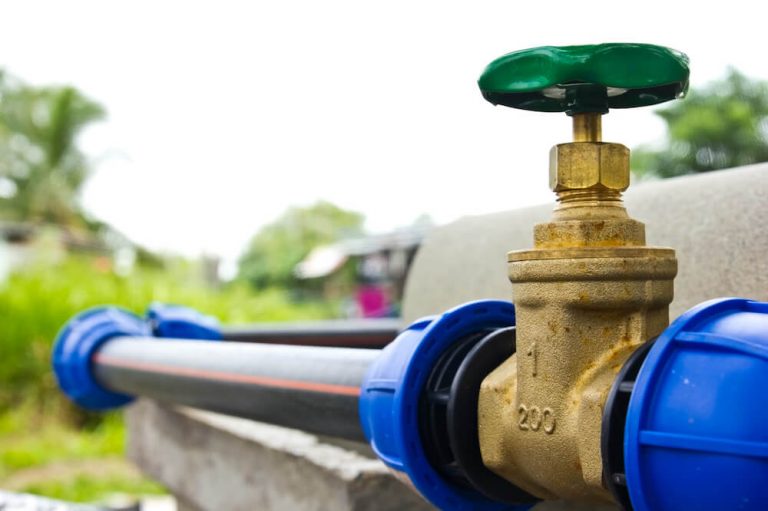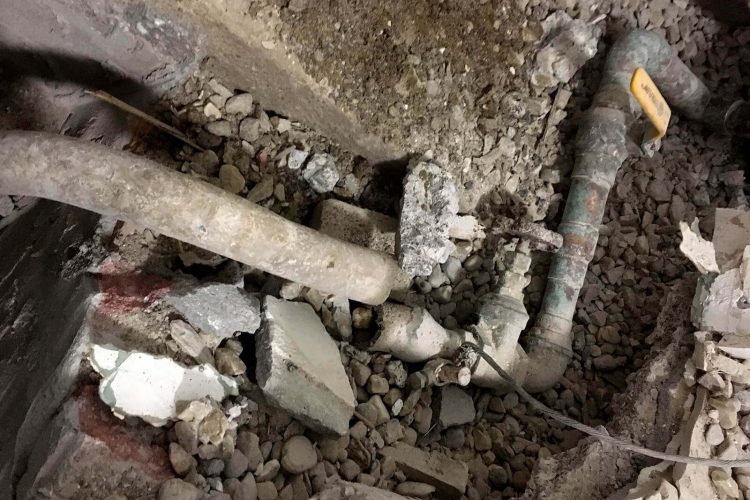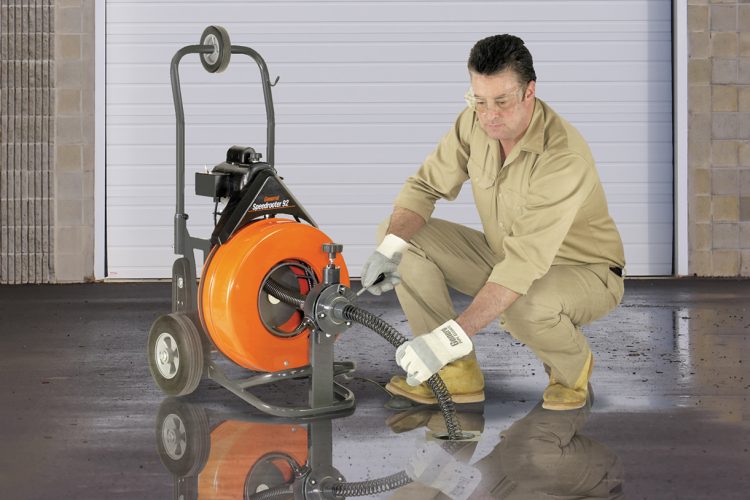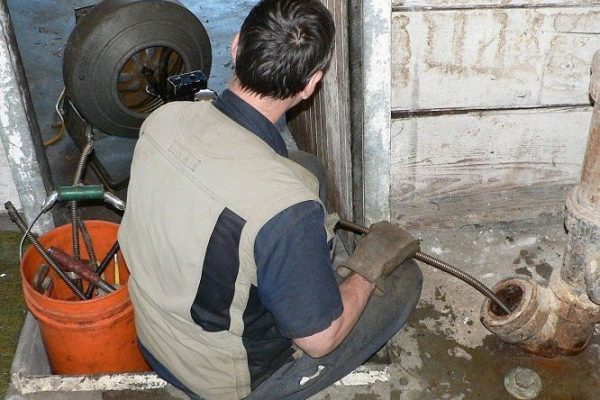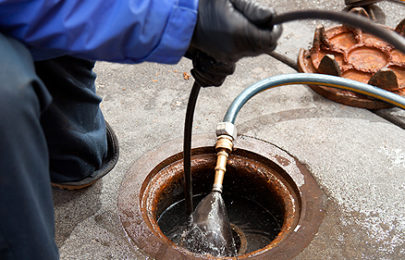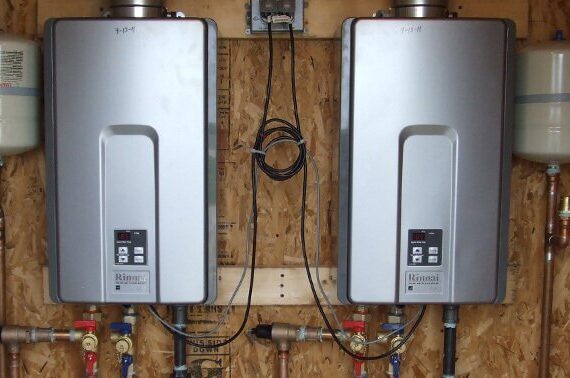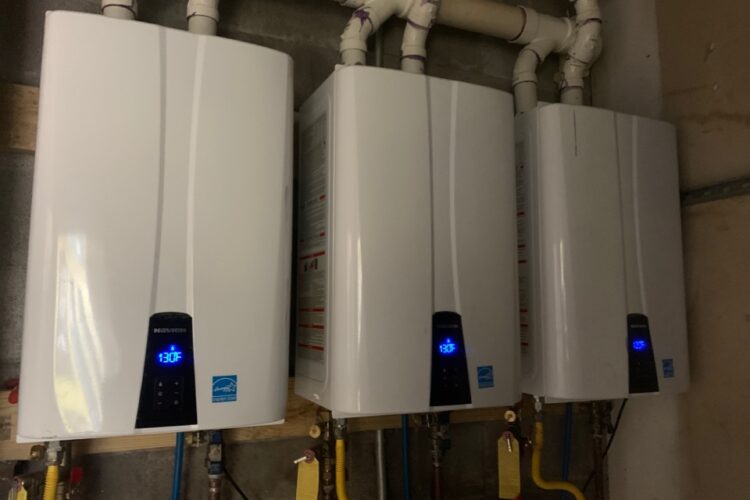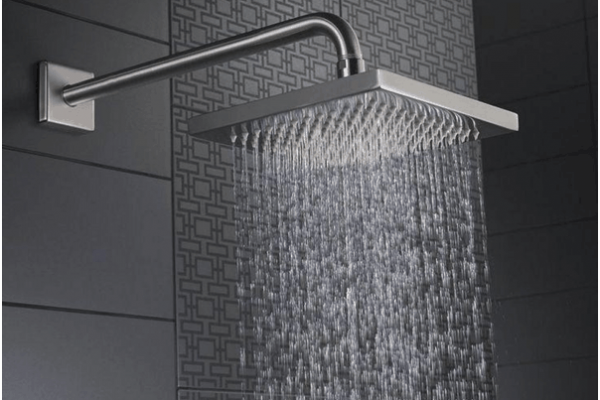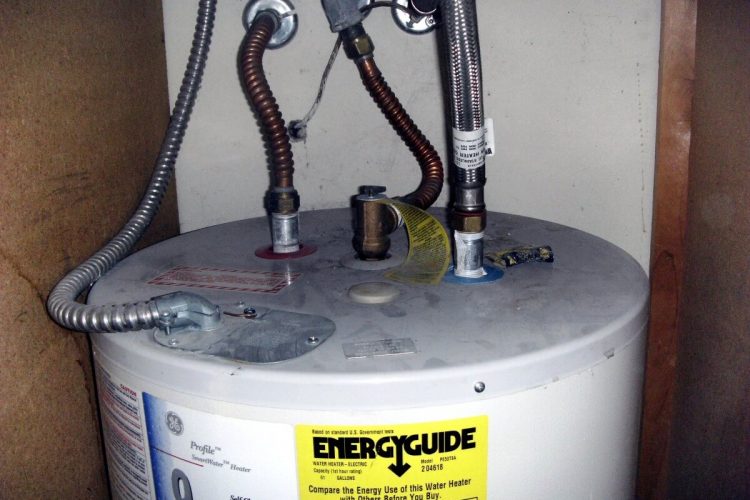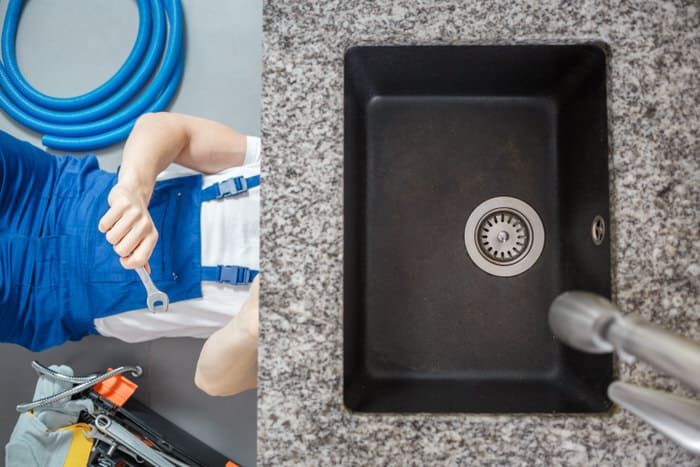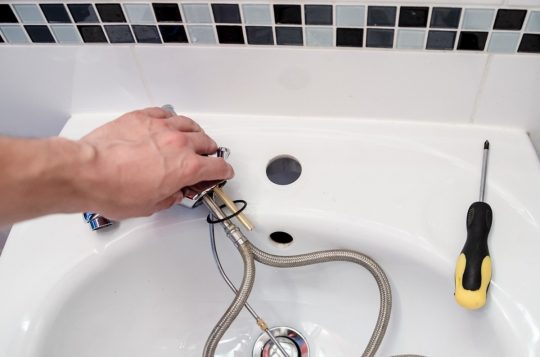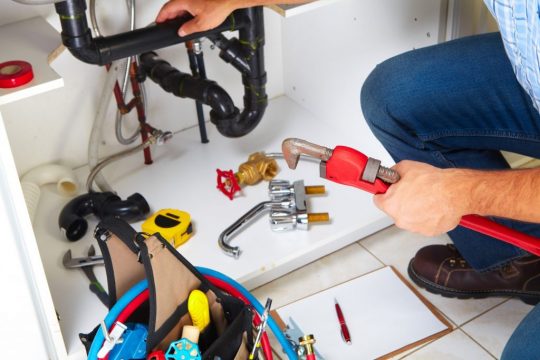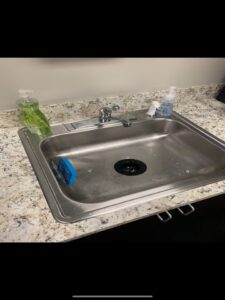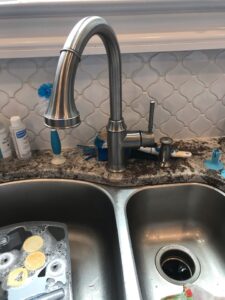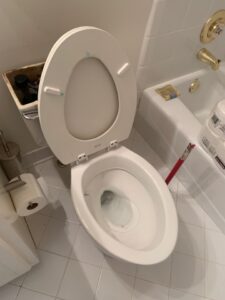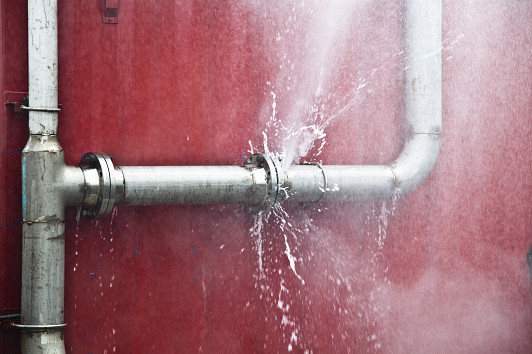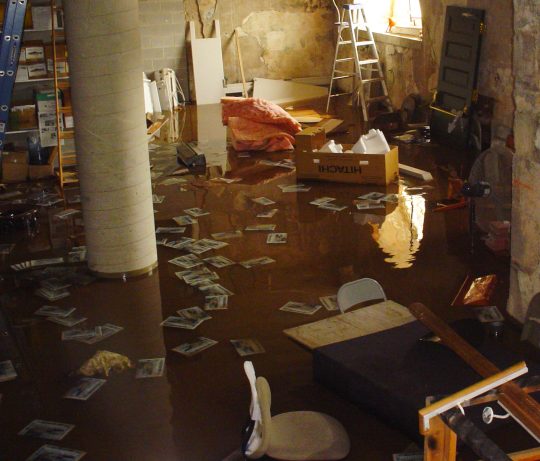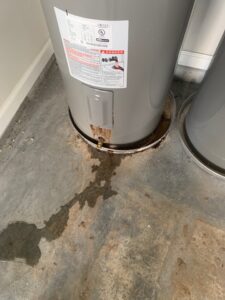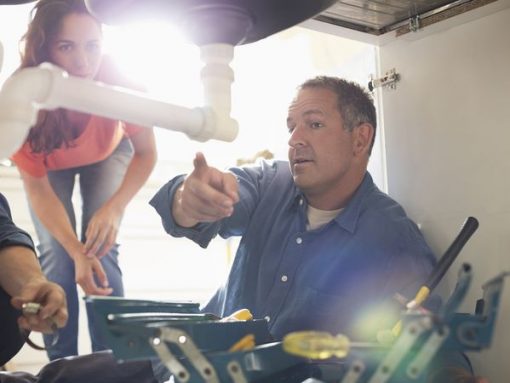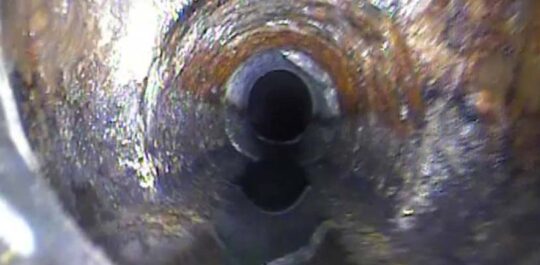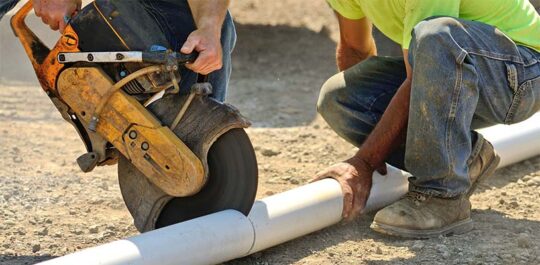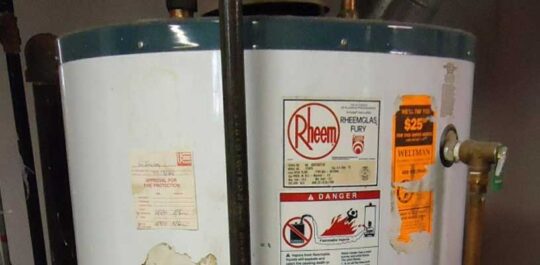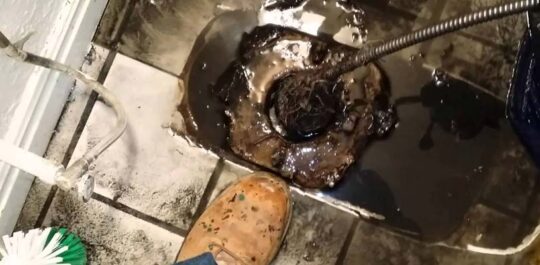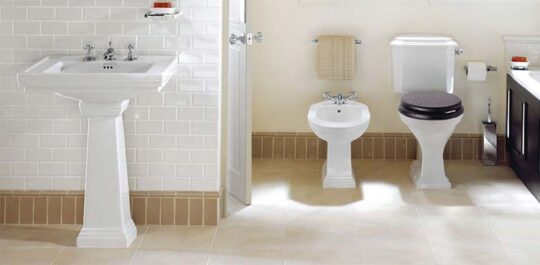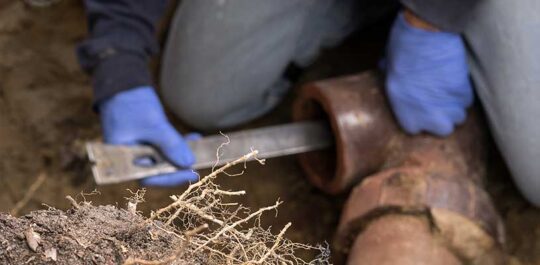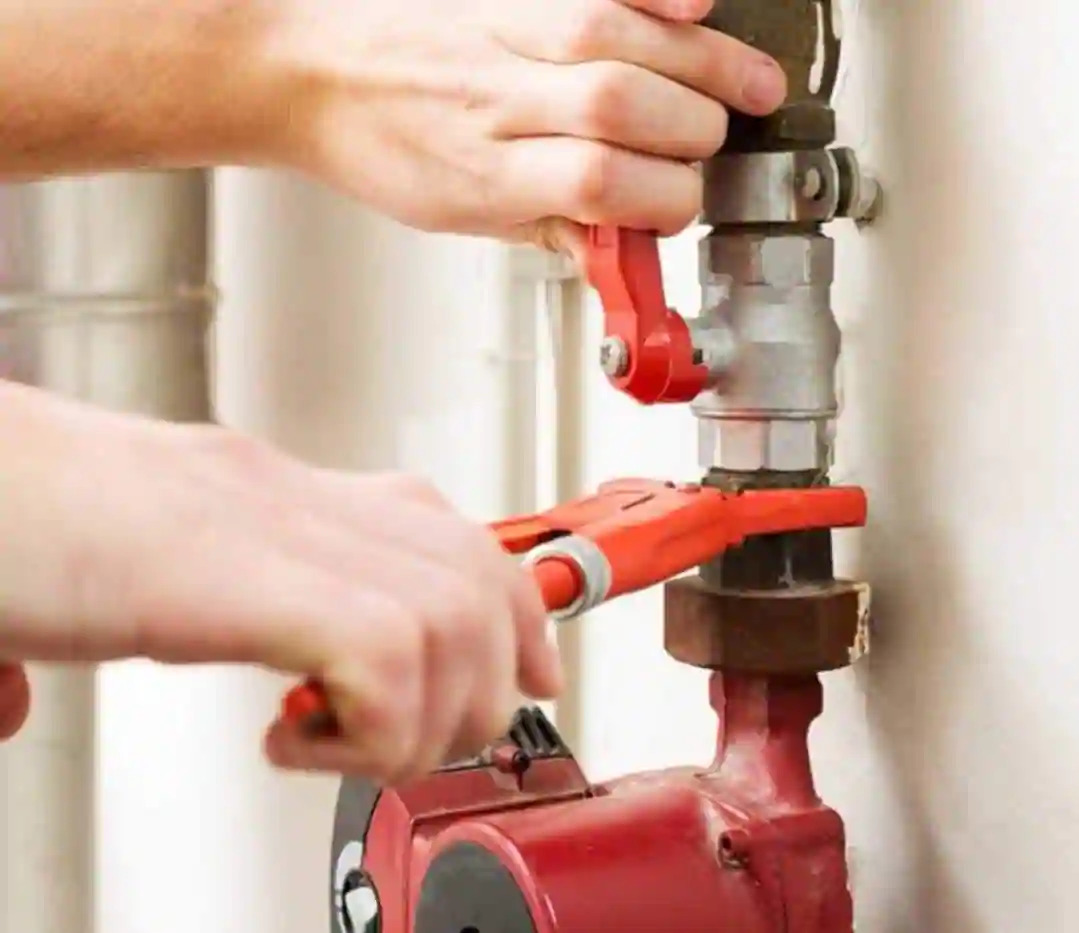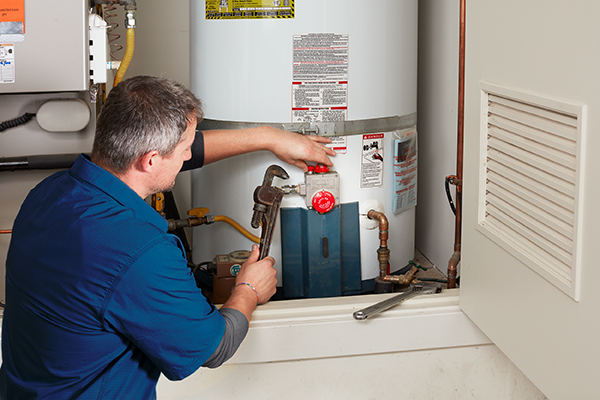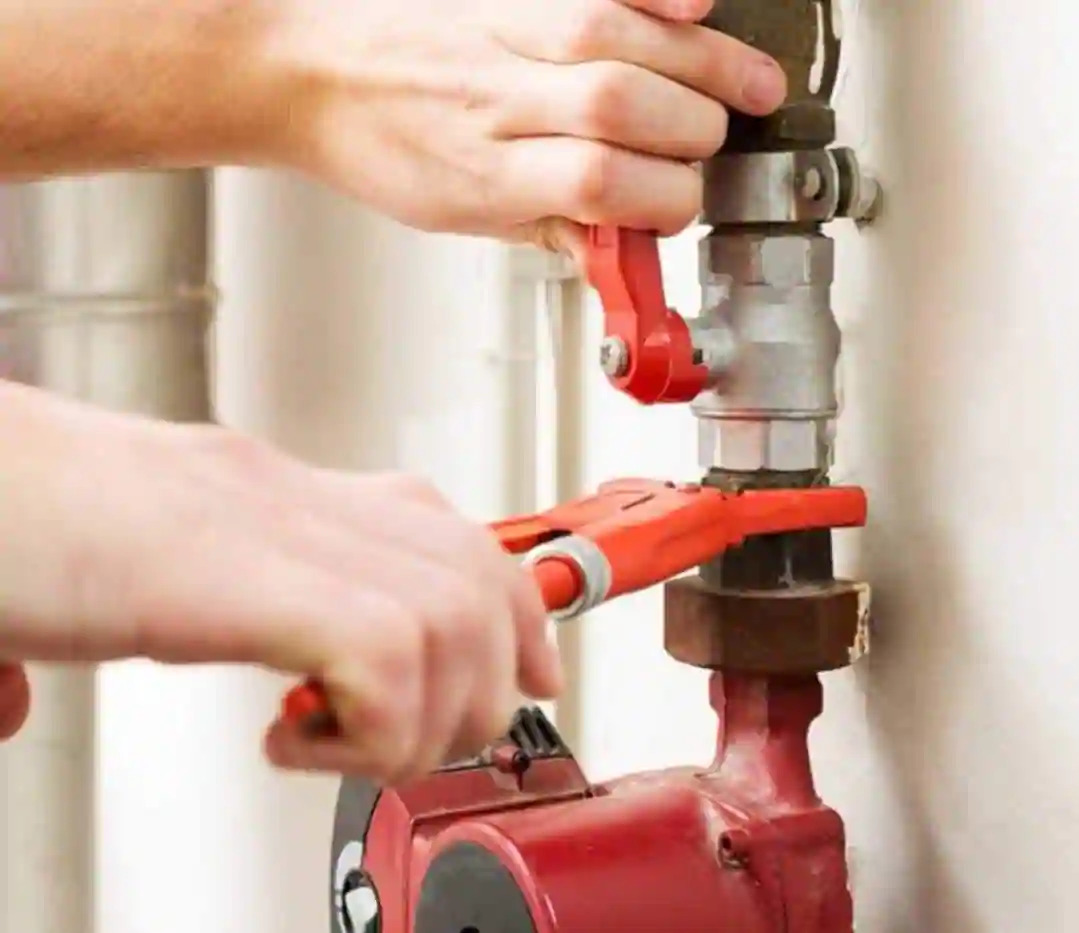Detecting & Repairing Slab Leaks
When an underground pipe beneath your home’s concrete foundation breaks, we call it a slab leak. Early detection is key, as water seeps into the ground and into your home’s foundation, causing costly property damage. Knowledge is power, so read this article to discover the signs of a slab leak and how you can detect the problem before it becomes a costly problem.
Signs of a Slab Leak
Most slab leaks resemble other plumbing issues, so they can be difficult to diagnose. These are some of the most common signs of a slab leak: Unusually high water bills: While an unusually high water bill does not necessarily indicate a slab leak, it is often a sign that there is a leak, somewhere in the house. Check all your faucets and exposed pipes to see whether there is a leak somewhere. If the bill is much higher than usual, you are likely losing large amounts of water somewhere, and if the plumbing inside and outside your home seems fine, it is quite possible that you have a slab leak.
Damp carpets: If mold or mildew appears on your carpets, you need to have an expert check for a slab leak. When the foundation becomes saturated, moisture starts leaking into the home, causing the carpets to become damp.
Running water sounds: If you are hearing sounds of running water even when all the faucets are closed, and all water-using appliances are off, it is often a sign of a leak.
Buckling Foundation: Excess moisture can cause your foundations to buckle, which will result in foundation cracks on the outside of the home, or perhaps in the inside walls and floors. If you have a lot of soil on your property, saturation can cause it to heave. Ground shifts or moves beneath a home can cause foundation damage and crack or buckling can lead to structural or cosmetic damage. Water that leaks inside the home can damage or even destroy your belongings.
Repairing Slab Leaks
Most slab repair techniques are quite invasive and depending on the type of leak and where it is located, your plumber may recommend one of the following:
1. Cutting open the foundation to fix the pipe
This is often the preferred method for fixing sewer pipes in modern homes.
2. Complete line repiping
If you live in an older home with frequent or chronic leaks, your plumber will probably recommend that the whole line is re-piped.
3. Pipe Lining
If the leak is in an awkward place and opening up the foundation to repair it will be too costly, the best would be to use the cured-in-place technique. This technique coats the pipe from within with an epoxy pipe coating. Not all insurance policies cover the damage that slab leaks cause, however, we recommend you speak to them and find out if your homeowner’s policy covers it. At the first signs of trouble, get in touch with Ridgeway Mechanical. Our qualified, licensed plumbers have the experience to detect all types of leaks (including those nasty ones that occur under your foundation). We use modern, non-invasive equipment to confirm our diagnosis. We will recommend the best repair method for your needs, at all times working to keep the costs to a minimum.

